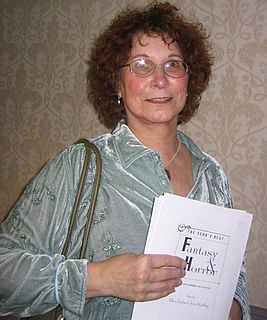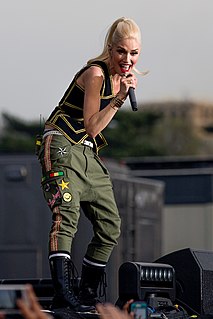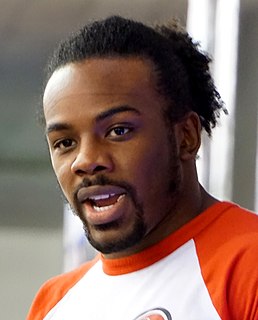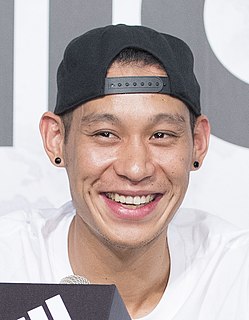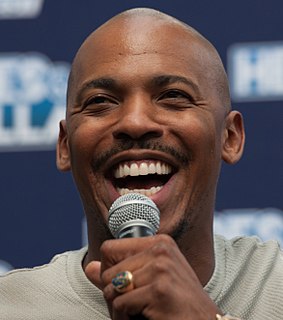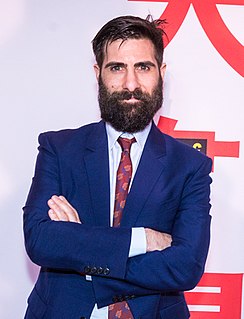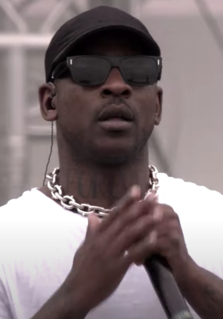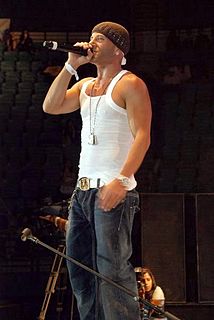A Quote by Aldous Huxley
To write fiction, one needs a whole series of inspirations about people in an actual environment, and then a whole lot of work on the basis of those inspirations.
Related Quotes
I read a quote by James Dean when I was 17; he said, 'I'd rather starve than do a whole bunch of work that I don't care about.' The older I got, the more I understood what he was saying. If I want to do a whole lot of work that I don't care about, then I would probably be working in a law office somewhere.
Even with the 'Top Boy' series with Ashley Walters... I've been talking like on the creative direction wave with Drake about the series. Making greatness with it. The whole style of what's going on in London, the sound, is real. It's an actual thing that actually happened. So it deserves to be on the telly.
The whole basis of working in black and white and grays became the basis of my understanding of color, because it's all about tone, it's all about light and dark. If you don't get that, then your color work is going to be a mess. So that's the beginning of the toolkit: drawing and black and white media.




